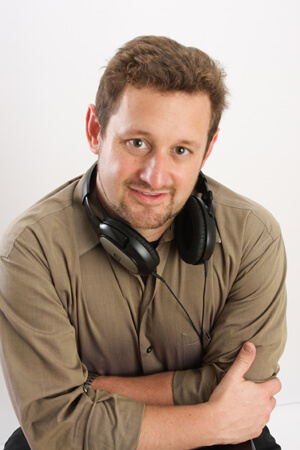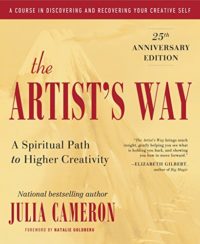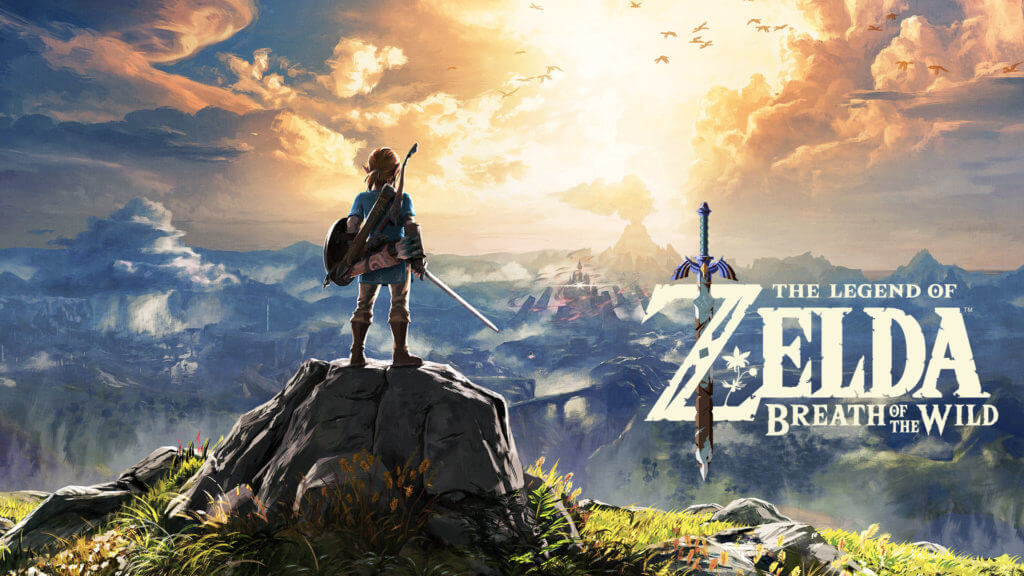How Radio Air Talent Can Rediscover Their Creativity During The Pandemic


Seth Resler
By: Seth Resler
Jacobs Media Strategies
In recent years, thankfully, the broadcasting industry has engaged in more conversations around the mental health of on-air talent. Industry conferences have hosted sessions on the topic, while some of our industry peers, like Lynn McDonnell and Dan Mason, have found second acts in their careers by addressing mental wellness. This comes at a crucial time, as we know the COVID-19 pandemic is taking a toll on everyone’s mental health.
A few years ago, I interviewed talent coach Randy Lane backstage at the Worldwide Radio Summit. Randy has worked with some of the biggest names in broadcasting, including Jimmy Kimmel, Ryan Seacrest, and Kidd Kraddick, so I was excited to pick his brain. He was full of valuable insights, but there was one tip in particular that caught my attention: Randy told me he often recommends the book, The Artist’s Way: A Spiritual Path to Higher Creativity by Julia Cameron, to his clients — particularly when they are feeling creatively stifled.
I consider myself a cynical practical person, and as such, I don’t usually gravitate to books that involve a heavy spiritual component. So I made a note of the title, but I didn’t seek it out immediately.
On-air personalities are artists. I know this because for many years, I was an on-air personality at various radio stations around the country. When done right, there’s an enormous amount of creative energy poured into radio shows. And even though I have since crossed the line to become [insert ominous music] a consultant, I still find creative outlets in my work. After all, in my role at Jacobs Media, I am a blogger, a podcaster and a webinar host among other things. But as the pandemic has stretched on, my creative impulses have come and gone in waves.
An article in the New York Times gave a name to this phenomenon: Languishing:
Languishing is a sense of stagnation and emptiness. It feels as if you’re muddling through your days, looking at your life through a foggy windshield. And it might be the dominant emotion of 2021.
In psychology, we think about mental health on a spectrum from depression to flourishing. Flourishing is the peak of well-being: You have a strong sense of meaning, mastery and mattering to others. Depression is the valley of ill-being: You feel despondent, drained and worthless.
Languishing is the neglected middle child of mental health. It’s the void between depression and flourishing — the absence of well-being. You don’t have symptoms of mental illness, but you’re not the picture of mental health either. You’re not functioning at full capacity.


After recognizing my own languishing, I dug up the name of the book Randy recommend and purchased myself a copy. At first, I bought it as an audiobook, but I quickly discovered that, like a cookbook, this book is easier to use when you have a physical copy to reference. While the book does contain a heavy spiritual underpinning, it is written as a practical, actionable guide. Each chapter concludes with multiple assignments, and gives the reader the freedom to choose those that interest them most. One assignment, however, is required: daily journaling.
For me, daily journaling is akin to daily exercise: I am 100% convinced that it will have a positive impact on my mental state, but I still have a hard time doing it. It comes in fits and starts. I’m one of those people who stops taking my meds as soon as I start to feel better, so the truth is, I haven’t finished Cameron’s book. But I have returned to it when that languishing feeling has returned, opting to start again from the beginning each time. And each time, I have found that the exercises helped me recapture my creative spark.
One of the early recommendations in Cameron’s book is to consume creative works before you focus on trying to produce creative works. The book encourages you to treat yourself to an album, a meal or a trip to a museum. So I splurged and bought myself a Nintendo Switch last winter. I figured if I couldn’t go out and do anything fun, I would stay in and do something fun.
I was a huge fan of games like Zork and Maniac Mansion on my Commodore 64 as a kid, but I hadn’t played a video game on a console in 15 years; the last one I completed was Halo 2. But I have enjoyed video games over the years, so I bought a handful, including The Legend of Zelda: Breath of the Wild, which many consider to be the best video game ever made.
And I was hooked.


Everything about it — from the graphics to the gameplay — was executed masterfully. I found myself sucked in, logging over 100 hours of playtime last winter. Perhaps most importantly, the game reignited my sense of wonder — just as Cameron’s book intended.
When I — as my young nephew would say — “one hundred percented” the game, completing every little side quest and obtaining every suit of armor, I went in search of other games. Having completed Nintendo’s blockbuster hit, I turned to video games created by indie developers. It reminded me of how Green Day opened the door to Rancid and Social Distortion and Bad Religion for me in the 90s.
Because I had missed 15 years of video game releases, I would now play older games for the first time. Just as I could once trace the line from The Sex Pistols to The Offspring, I now understood the evolution from Gone Home to What Remains of Edith Finch. Where my brain once divided music into ska, punk, grunge and hardcore, it was now dividing games into Roguelikes, point-and-clicks, JRPGs and Metroidvanias.
Julia Cameron was right: Consuming creative works helped me recover my own sense of creativity. Of course, it hasn’t been a straight line; it comes and goes, which is why I find myself returning to her book periodically. If, like me, you felt that Languishing feeling return some time between “Omicron is here” and “Betty White has died,” consider picking up. Or, at the very least, make a conscious effort to consume and appreciate creative works, whether they’re novels, anime or elevated cocktails. It might help.
And if you’d like more brilliant insights from Randy Lane, you can listen to my conversation with him here:
For more assistance on digital or social media, contact MAB Member Services at mab@michmab.com or 1-800-968-7622.
Editor’s Note: The views and opinions of this article do not necessarily reflect those of the MAB. Contact the MAB for information on the MAB’s official editorial policy.
